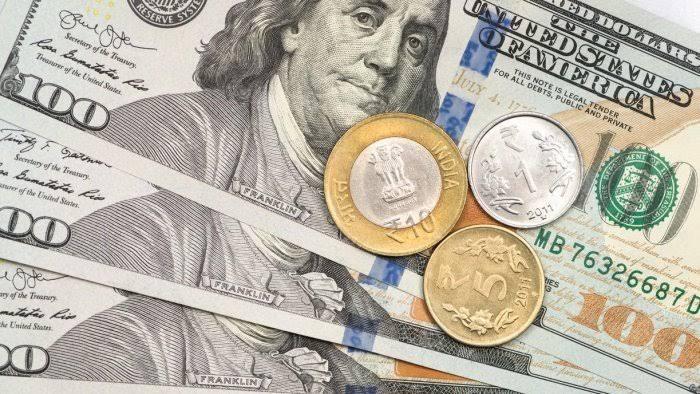Nigeria’s External Reserves declined to $33.23b in the Month of September 2023
According to data from by the CBN, Nigeria’s External Reserves declined to $33.23b US$33.23b in September 2023, representing an 11.13% decline y-on-y from US$37.39b recorded in the same month of the previous year and a 2.12% decrease on a monthly basis from US$33.95b recorded in August 2023.
The decline in external reserves is mainly due to low oil production and poor growth in non-oil exports. This invariably leads to currency depreciation, which can increase inflation rates due to rising import costs. Additionally, declining external reserves may reduce import capacity and make foreign investors more concerned about their ability to repatriate their capital and profits.
To address the dwindling foreign reserves, it is crucial to implement a range of solutions, such as investing in agriculture and manufacturing so as to diversify export earnings. In the 2023Q2 era, crude oil accounted for approximately 80% of Nigeria’s total exports. Furthermore, it is necessary to improve the management of the oil sector and address issues of pipeline vandalisation and oil theft.
Nigeria’s output level is currently below its OPEC quota, and the government should enact responsible fiscal and monetary policies that stabilize foreign reserves and encourage non-oil exports to strengthen the trade balance and create additional foreign exchange.
Low external reserves expose the currency to speculative attack, so the government must collaborate with various stakeholders to improve crude oil production and support domestic firms to increase production for both the domestic economy and exports.




